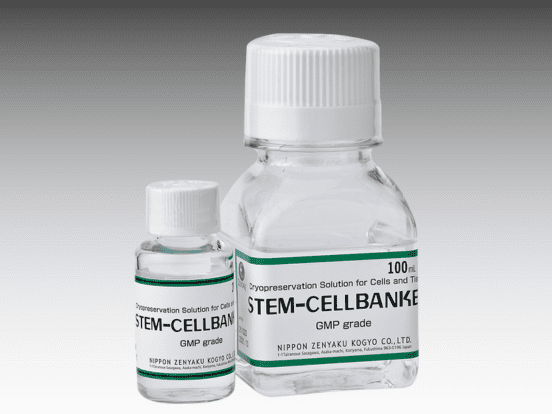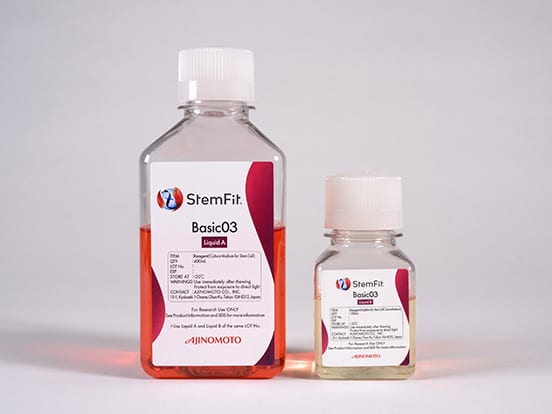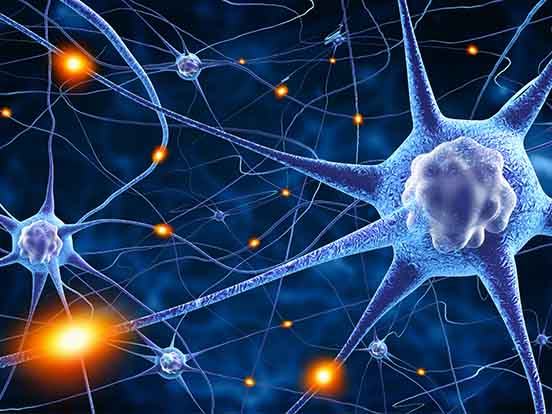
Synthetic Retinoid ec23
Achieve enhanced neural stem cell differentiation
Retinoids are important cell signaling molecules derived from vitamin A (retinol). Involved in signaling cascades, retinoids are essential for early embryonic development and neural stem cell differentiation. Although natural retinoids are well known for their ability to modulate cell function and neural development, they are inherently unstable which can lead to partially differentiated cultures and highly variable results.
Controlling cell differentiation in a predictable way is a major challenge in stem cell research. ec23 is a pan-RAR receptor agonist which overcomes these challenges by potently inducing neural differentiation in human pluripotent embryonic stem cells whilst maintaining chemical stability. Offering numerous advantages over natural retinoids, ec23 provides an ideal alternative for use in stem cell research.
Benefits
- Mimics the activity of natural retinoid
- Immune to the disruptive influence of temperature and light
- Induces neurogenesis with enhanced potency
- Maximizes the consistency, reliability and efficiency of neural stem cell differentiation
- Minimizes culture heterogeneity
- Increases the biological relevance of your results
| Name | Datasheet | Packsize | Order |
|---|---|---|---|
| Stemolecule ec23 (2 x 5 mg) | 2 | View |
Stability of Stemolecule ec23 vs. ATRA
The structural stability of ec23 and ATRA were examined by NMR during prolonged exposure to light. In comparison to ATRA which is light and temperature sensitive, ec23® remains completely intact.
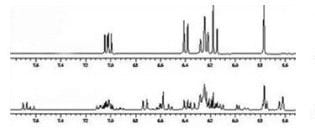
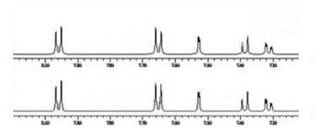
ec23 increases expression of differentiation markers
ec23 enables the robust and reproducible differentiation of stem cells and progenitor cells. With higher stability in tissue culture medium and more potency as a differentiation factor than retinoic acid, ec23 downregulates markers associated with the pluripotent stem cell phenotype and increases expression of differentiation markers.
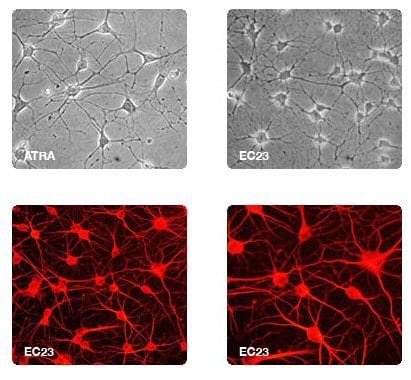
ec23® induces neurogenesis with enhanced potency
ec23®enables the robust and reproducible differentiation of stem cells and progenitor cells. With higher stability in tissue culture medium and more potency as a differentiation factor than retinoic acid, ec23 downregulates markers associated with the pluripotent stem cell phenotype and increases expression of differentiation markers.
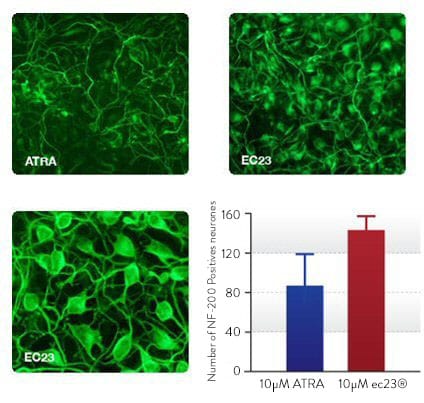
Citations
Retinoid supplementation of differentiating human neural progenitors and embryonic stem cells leads to enhanced neurogenesis in vitro.
Christie V.B., Maltman D.J., Henderson A.P., Whiting A., Marder T.B., Lako M., & Przyborski S.A. (2010). Journal of Neuroscience Methods, 193(2), 239-245.
Synthetic retinoids: structure-activity relationships.
Barnard, J.H., Collings, J.C., Whiting, A., Przyborski, S.A., & Marder, T.B. (2009). Chemistry, 15(43), 1140-11442.
Proteomic profiling of the stem cell response to retinoic acid and synthetic retinoid analogues: identification of major retinoid-inducible proteins.
Maltman D.J., Christie V.B., Collings J.C., Barnard J.H., Fenyk S., Marder T.B., Whiting A., & Przyborski S.A. (2009). Molecular BioSystems, 5(5), 458-471.
